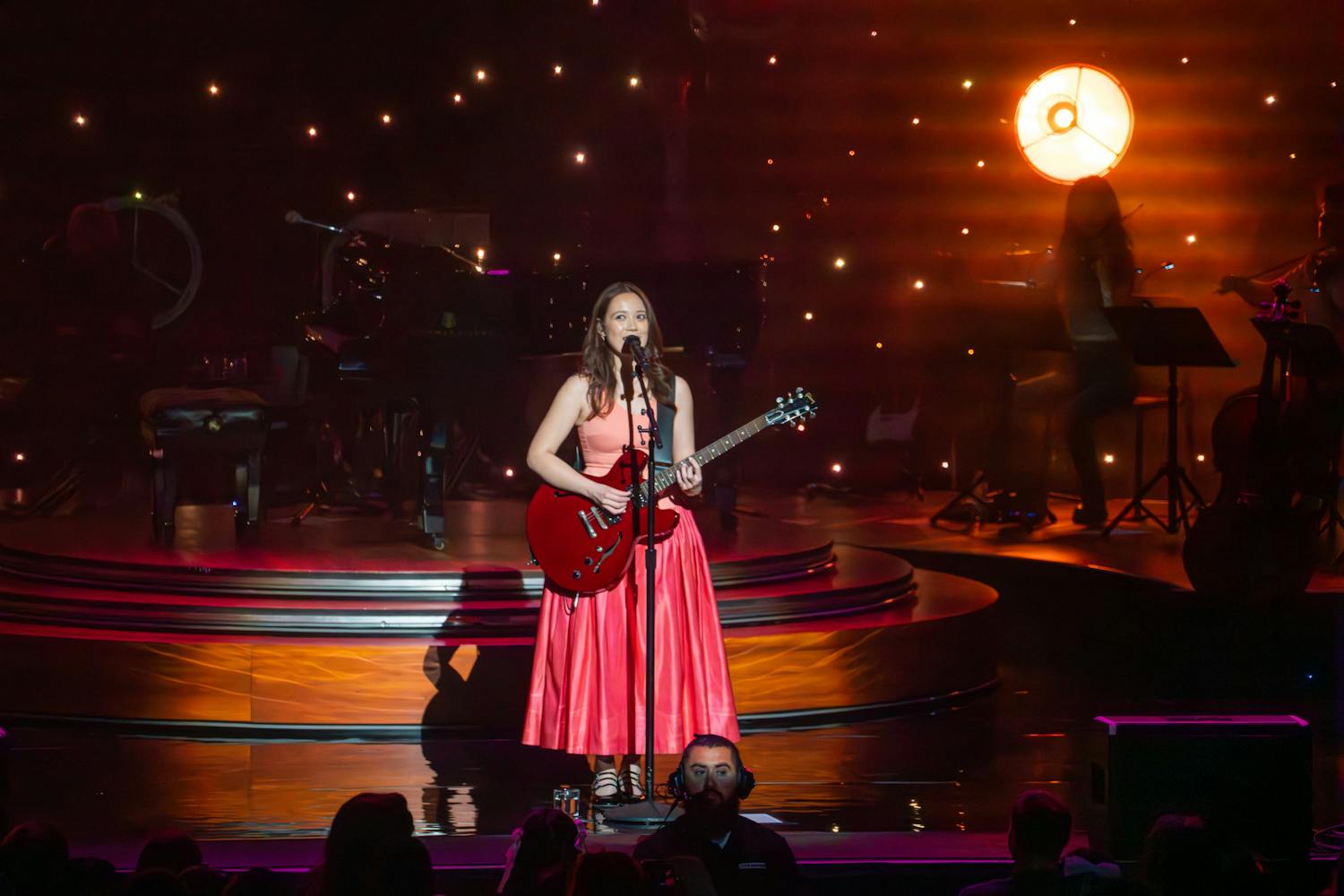A few days ago, I was sitting down in my room listening to music on my computer. I glanced at the iTunes status bar that tells me how much music I have in my library: 10,665 songs.
The number echoed through my head. That’s 27 days’ worth of music. I have 738 albums, spanning from bossa nova to electronica, R&B, punk and hip-hop, all backed up on a terabyte hard-drive no bigger than my wallet.
When I think about what a format says about music in the modern world, my entire music library exists within the confines of a digital device that may as well be magic.
It used to be that when an artist released an album, it was a tangible object that grew in meaning with every hand that it passed, every needle it touched or CD slot in which it was inserted. In the age of digital music, how is someone supposed to maintain that type of physical connection with music?
Torrents and file-sharing systems undermine the artist payoff by providing the album publicly free of charge, and, despite the die-hard loyalists who purchase digital albums (or the rare CDs), the physical connection to music seems to continue in the current dwindling pattern.
I suppose that’s to be expected with the Information Age, but does music’s current state of digitality supplant social connections? Hardly. In fact, the bright side of digital music is that the newfound flexibility and accessibility of content. The Internet has opened up new avenues to share and spread music which, regardless of not selling in the millions, reaches a greater audience.
Services like Pandora and Spotify give music lovers access to songs from all different genres and eras. All of their users are probably avid music enthusiasts who just happen to prefer making digital playlists instead of mixed CDs or tapes.
So yes, from now on, vinyls and CDs and cassettes may be thrown into the category of obsolete nostalgic technology. But it could be argued that technology, such as the computer, smartphone or mp3 player, is only allowing people greater instantaneous access to a more massive variety of music that they don’t need a physical copy of to enjoy.
Reach the columnist at arjun.chopra@asu.edu.
Want to join the conversation? Send an email to opiniondesk.statepress@gmail.com. Keep letters under 300 words and be sure to include your university affiliation. Anonymity will not be granted.



